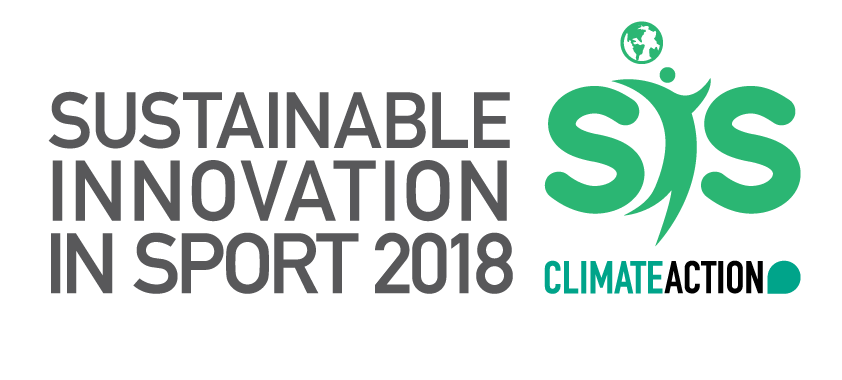The metal in our cars, the paper that we write on and many other everyday products have one thing in common: Producing them requires industrial heat that accounts for 15% of global greenhouse gas emissions. New technologies are starting to change that, making a net-zero emissions future a realistic possibility.
Heavy industry sectors including steel, cement and chemicals have accounted for a substantial portion of global carbon emissions for decades. These hard-to-abate sectors require extremely high temperatures for production. Generating that heat is a carbon-intensive process that relies on fossil fuels and accounts for a quarter of global energy demand. Few low-carbon alternatives were available until now.
Alternative and Complementary Technologies
Primetals Technologies, a part of Mitsubishi Heavy Industries (MHI) Group, is driving change in the steelmaking industry with a solution that reuses waste heat emitted during the steelmaking process. It uses that heat to produce steam that can in turn be used for process heating, replace natural gas at gas-fired plants or be converted into electrical energy.
Likewise, another company within MHI Group also uses waste heat to produce electric and thermal power, by using an organic fluid as a heat carrier that follows a thermodynamic process in a closed-loop. The organic fluid within Turboden's organic Rankine cycle (ORC) system evaporates and then drives a turbine, generating electricity that can be fed into the grid or produce heat for a district heating system or further industrial use. These ORC systems can increase the energy efficiency of industrial plants and reduce the use of fossil fuels.
These solutions reduce emissions and help steelmakers on the path to achieving carbon neutrality by 2050. The benefits also extend to other hard-to-abate industries.
"There is still a lot of innovation ongoing like utilizing the byproducts from the hot liquid slag in the cement industry," Dr. Alexander Fleischanderl, Head of Eco Business at Primetals Technologies said at the 2019 BNEF (Bloomberg New Energy Finance) Summit in London. "The cross-industry synergies would not only reduce the carbon footprint in the steel industry but also in the cement industry."
Once a negative byproduct, off-gases hold tremendous potential. Primetals Technologies can convert carbon from off-gases into bio-kerosene and bio-chemicals that can replace petroleum-derived fuels in the chemicals and aviation industries. With similar advanced solutions, cross-industry synergies can deliver drastic reductions in net emissions.
The Growing Potential of Hydrogen
As with many other hard-to-abate industries, hydrogen is also becoming a viable option in steelmaking. It can act as both a feedstock and a fuel source in production. “The technologies are more or less available to utilize hydrogen for metals production,” says Dr. Fleischanderl, “What is missing is the availability of the amount of hydrogen that is required for that transformation and also the economics.”
Using hydrogen would require many steelmakers to retrofit existing plants with new equipment or to build new plants, while hydrogen prices still exceed those of fossil fuels. Yet, advances in production promise to make access to ample amounts of cheap hydrogen a near-term possibility.
As new technologies enable heavy industry sectors to reduce their reliance on carbon-intensive production methods, they could one day make hard-to-abate a thing of the past.
Mitsubishi Heavy Industries Group is an event partner to Sustainable Innovation Forum 2020.
Learn more about MHI Group’s Urbanization and Energy solutions in action.

